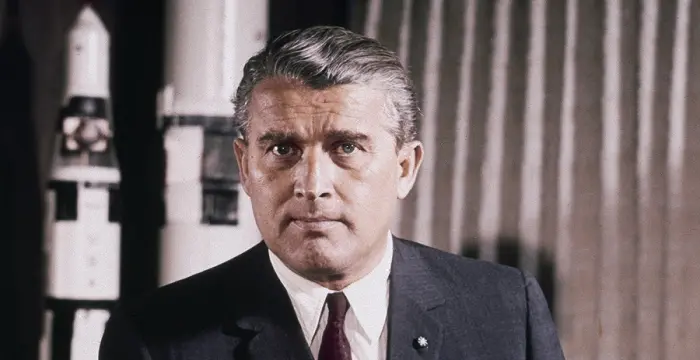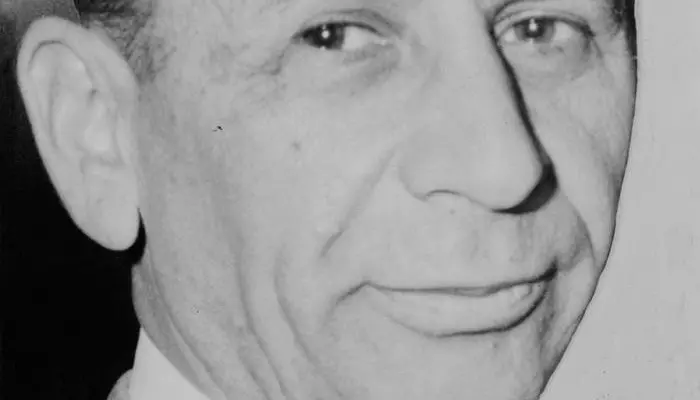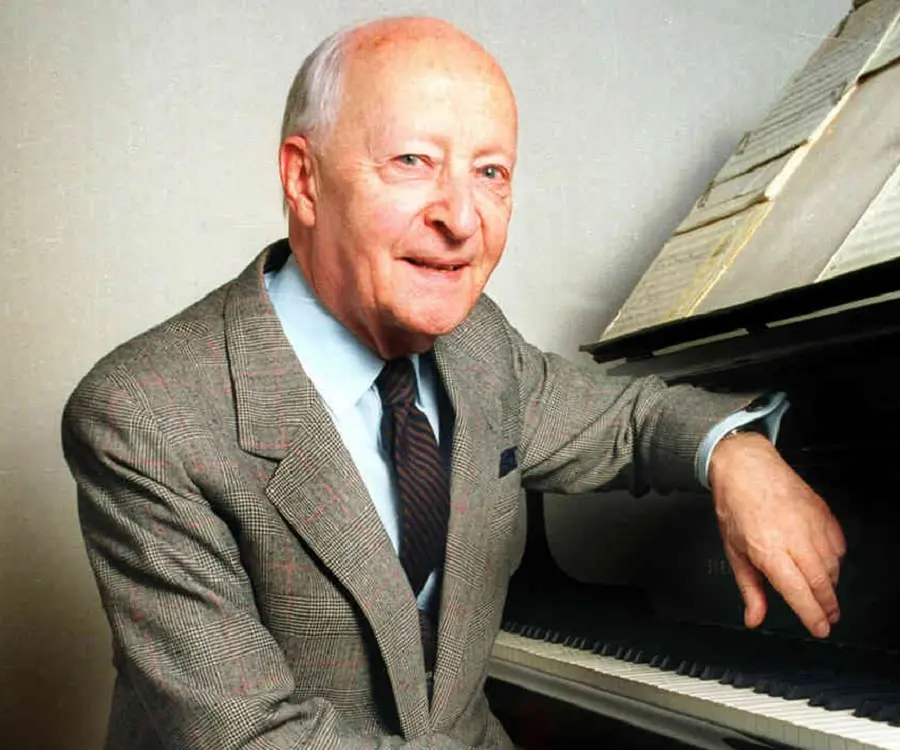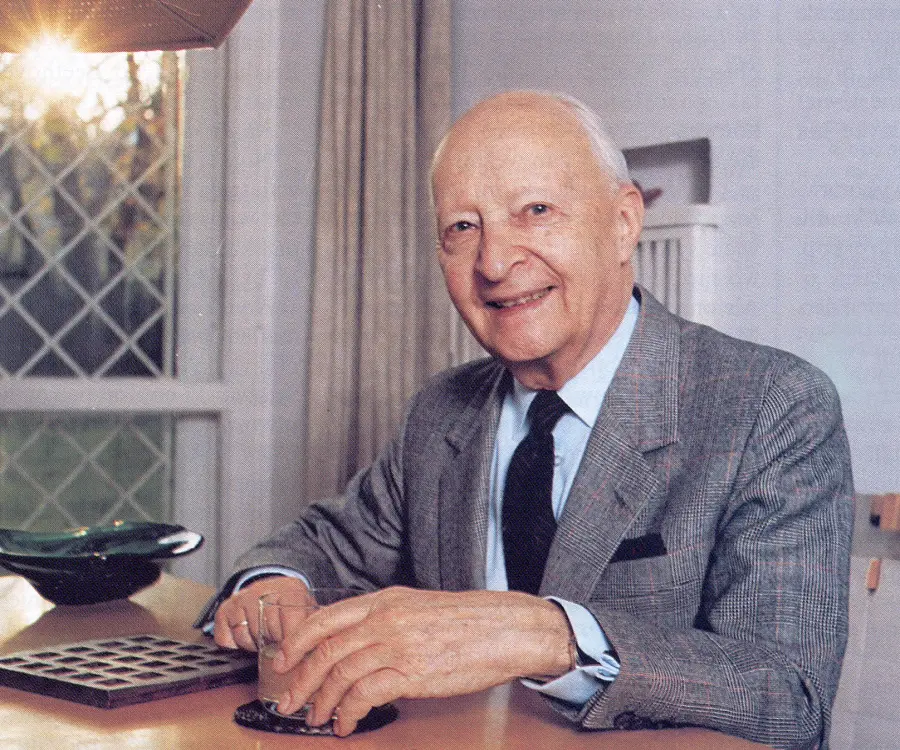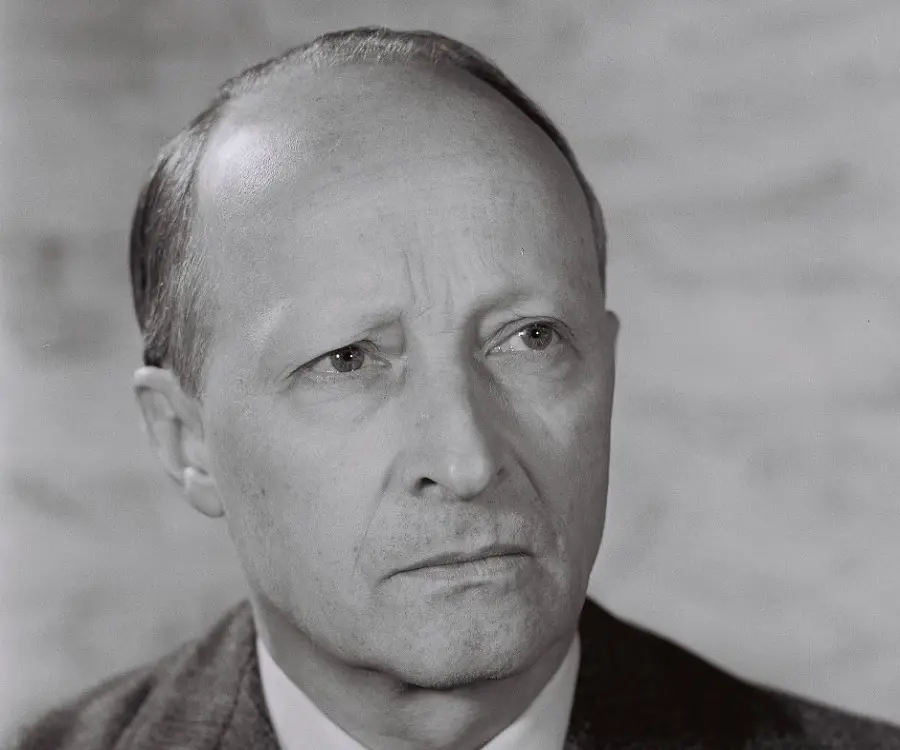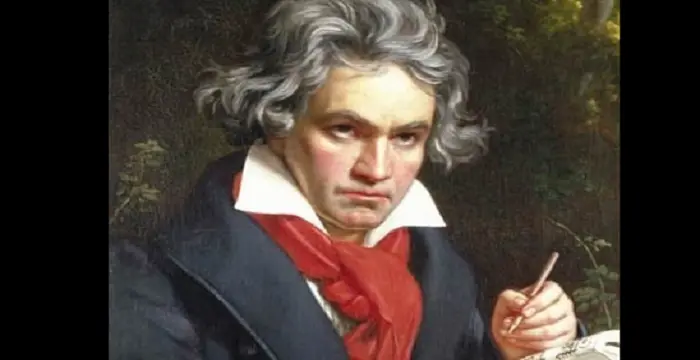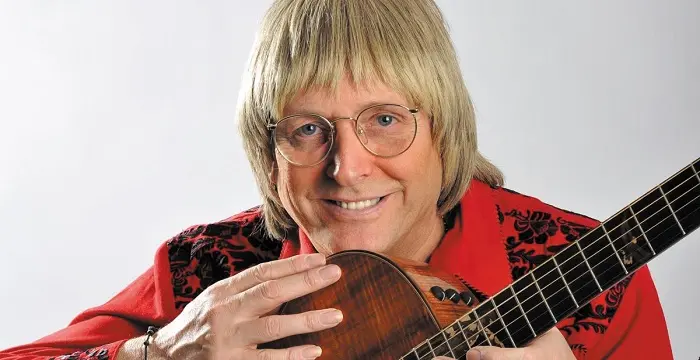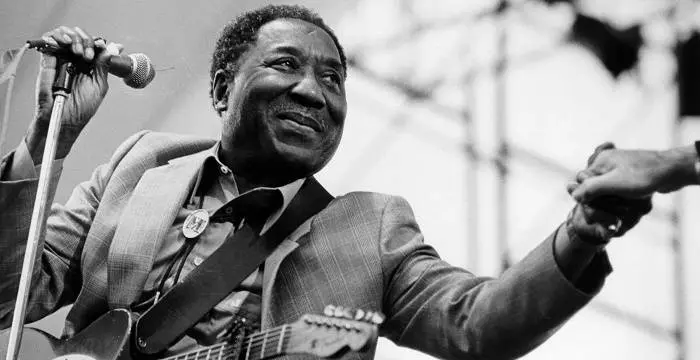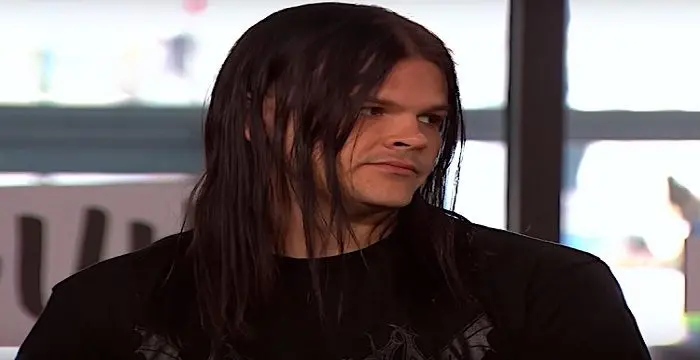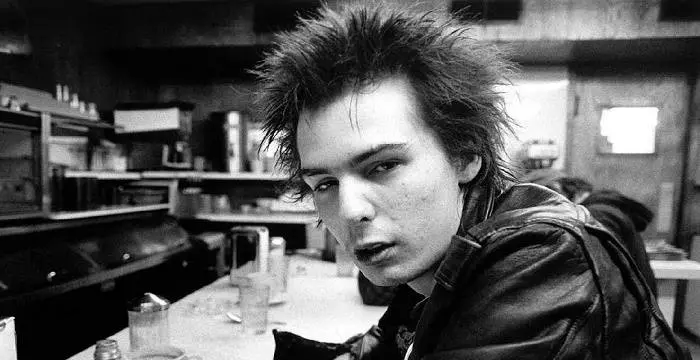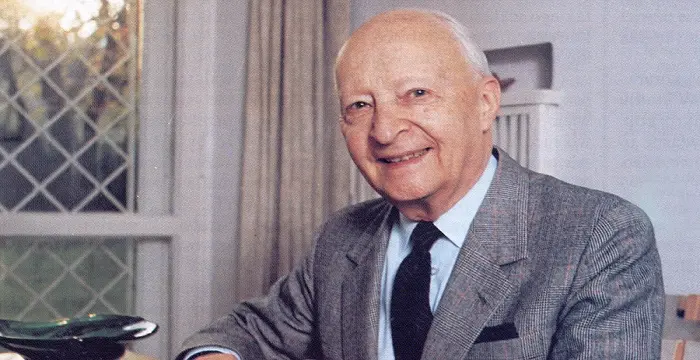
Witold Lutoslawski - Polish Men, Timeline and Childhood
Witold Lutoslawski's Personal Details
Witold Lutoslawski was one of the renowned European composers of the 20th century
| Information | Detail |
|---|---|
| Birthday | January 25, 1913 |
| Died on | February 7, 1994 |
| Nationality | Polish |
| Famous | Musicians, Composers, Polish Men, Polish Musicians |
| Spouses | Maria Danuta Bogus?awska |
| Universities |
|
| Birth Place | Warsaw |
| Gender | Male |
| Father | Józef Lutos?awski |
| Mother | Maria Olszewska |
| Sun Sign | Aquarius |
| Born in | Warsaw |
| Famous as | Composer |
| Died at Age | 81 |
// Famous Polish Men
Wernher Von Braun
Wernher von Braun was a rocket scientist and aerospace engineer, who played a major role in rocket science during and post-WWII. Explore this biography to learn more about his profile, childhood, life and timeline.
Meyer Lansky
Meyer Lansky was one of America’s most powerful gangsters of the 19th century. This biography provides detailed information about his childhood, family, personal life, criminal activities, etc.
Robert Lewandowski
Robert Lewandowski is a Polish footballer who plays for the Bayern Munich Football Club. Check out this biography to know about his childhood, family life, achievements and fun facts about him.
Witold Lutoslawski's photo
Who is Witold Lutoslawski?
An eminent European composer who dominated the second half of twentieth century music, Witold Lutoslawski’s contribution to music industry is something enormous, which makes his absence even more conspicuous. He stands tall as a role model, conductor as well as a composer, who relentlessly developed his own musical language. He had a distinct touch and unique style and rarely belonged to any specific school, trends, and fashions and did not stand for any traditions or avant-garde revolutions. Known as a musician to the fingertips, his music was an ideal balance of intellect and emotion, form and content. In a world, which glorifies revolutionaries of any kind, he carved a path for himself, pursued by determination, often led by his own unfailing artistic sense. At the same time, he was a rare mix of traditional and avant-garde. Apart from his musical techniques, even his perfectionist nature contributed in securing Lutoslawski a permanent place among the composers of the twentieth century.
Biography detail
Witold Lutoslawski’s Childhood and Early Life
Witold Lutoslawski was born in 1913 in Warsaw in Poland as the youngest of three brothers, shortly after the outbreak of World War I. His parents hailed from Polish nobility and possessed family estates in Drozdowo. His father, Josef, was a part of Polish National Democratic Party and Lutoslawski family was intimate with its founder Roman Dmowski. When Lutoslawski was just two years old, the Lutoslawskis travelled east to Moscow where Josef was politically active. He made Polish legions ready for any immediate action to liberate Poland (the country was divided as per 1815 Congress of Vienna and Warsaw was part of Tsarist Russia). However, when October Revolution in Russia marked the presence of a new Soviet government that made peace with Germany, Joseph’s activities came into conflict with Bolsheviks who arrested him and his brother Marian and Lutoslawskis were prevented from returning home. The brothers were imprisoned in Butyrskaya prison in Central Prison and were executed by a firing squad in September 1918. Witold Lutoslawski was just five when this incident occurred.
After his father’s death, other family members including Josef’s half-brother,Wincenty Lutoslawski, a multi-lingual philosopher, made a great influence on Witold’s life. Once the war ended, the family went back to newly independent Poland, only to find their ruined estates. At the age of six, Lutoslawski started taking piano lessons. After the Polish-Soviet war ended, the family went to Drozdowo, though they returned soon finding limited success after running the ruined estates. In 1924, Lutoslawski joined the secondary school and attended piano classes’ simultaneously. It was at this that the performance of Karol Szymanowski's ‘Third Symphony’ created a great influence on him. In 1926, he started attending violin lessons and in 1927, joined as a part-time student in Warsaw Conservatory where Szymanowski was both director and professor. Though he started to compose on his own, he could not manage both his conservatory studies and school. As a result, he discontinued conservatory studies. In 1931, he joined Warsaw University to study mathematics and in the following year, entered the composition classes at conservatory. His composition teacher, Witold Maliszewski gave him strong foundation in musical structures, especially in movements in Sonata form. In 1932, he discontinued with violin and in the following year, in mathematics, to concentrate on composition and piano. In 1936, he gained a diploma in piano performance from the conservatory after having presented a virtuoso program including Schumann’s ‘Toccata’ and Beethoven’s ‘Fourth Piano Concerto’. He received his diploma in composition from the same institution in 1937.
Developments During Second World War
Due to the outbreak of Second World War, Lutoslawski was inducted into military service and was trained in radio operating and signaling. However, he completed his work ‘Symphonic Variations’ in 1939, which he consider as his debut as a composer. However, the World War abruptly put an end to his plans to travel to Paris for further musical study. When Lutoslawski was stationed with the radio unit in Krakow, the German soldiers captured him, though he escaped while being taken to the prison camp. However, Lutoslawski’s brother was captured by the Russian soldiers and later died in Siberian labor camp. After this incident, in order to earn a living, he worked as a café pianist, the work that he shared with another composer Andrzej Panufnik. The only work, which he wrote and survived during this time, was ‘Variations on a Theme of Paganini for two pianos’ (1941). After the war got over, he settled permanently in Warsaw and married Maria Danuta Bogus³awska, whom he met in café Aria where he worked. He did not accept permanent employment with any organisation and survived the Stalinist years by writing music for radio, film and theatre. In addition to that, he also wrote folk songs and composed works for children.
Development Of Career
After Stalin’s death in 1953, the cultural climate for literary works and music became more favorable. In 1954, his concerto for orchestra appeared and was acknowledged as a work of considerable significance. The favorable cultural climate led to a growth in Lutoslawski’s reputation both at home as well as at abroad countries. His compositional style developed, from the folk-inspired music in his early works to a more sophisticated style based on his development of twelve-tone techniques, which is explicit in ‘Musique funebre’ in 1958. In 1963, Lutoslawski started his conducting career, when he prepared for ‘Trois Poèmes d’Henri Michaux’ for orchestra and choir, which were composed between 1961 and 1963. Thereafter, he remained active as a conductor for the rest of his life, touring countries like France, Czechoslovakia (1965), Holland (1969), Norway and Austria (1969). His extensive exposure conducting his own works enabled him to refine his musical language even further. This resulted in his compositional style becoming lyrical and harmonically transparent. He conducted with Los Angeles Philharmonic Orchestra, San Francisco Symphony Orchestra, BBC Symphony Orchestra, London Sinfonietta, Orchestre de Paris and the WOSPRiT (currently known as the NOSPR).
In addition to the work of a conductor, Lutoslawski also became part of many composition courses and workshops - at the Berkshire Music Center in Tangle wood (1962), during which he met Edgar Varèse and Milton Babbitt, at the Dartington Summer School of Music in England (1963 and 1964), the Royal Swedish Academy of Music in Stockholm and the University of Austin, Texas (1966) and in Aarhus, Denmark (1968). During 1970’s and 1980’s, he gave guest lectures on his own work.
Death
Lutoslawski passed away on February 7, 1994, in Warsaw, at the age of 81. He is survived by his wife, Danuta.
Achievements
The musicologists have separated his work into several periods. The early works such as ‘Symphonic Variations" (1938), "Symphony no. 1" (1947) and "Overture for strings" (1949) are regarded as neo-classical. His "Little Suite" (1950) and "Concert for Orchestra" (1954) explicitly show his interest in Polish folklore. His "Five Songs", (1957) marked the beginning of dodecaphonic period. The next phase started with "Venetian Games" (1961). Here his compositional technique was marked by the use of controlled Aleatorism. The works “The Symphony No. 2" (1967) and "Livre pour Orchestre" (1968) reflects an outline of his attempts to build up his own formal model.
Contributions
Orchestral Music
- Symphonic variations (1938)
- Four syms. (1947, 1967, 1983, 1993)
- Little suite for orchestra (1951)
- Concerto for Orchestra (1954)
- Dance preludes for clarinet and piano(1955)
- Funeral Music for strings (1958)
- 3 Postludes (1960)
- Venetian Games (1961)
- Livre pour orchestre (1968)
- Cello Concerto (1970)
- Preludes and Fugue, str (1972)
- Mi-parti (1976)
- Novelette (1979)
- Chain I (1983), Chain II, vn, orch (1985)
- Chain III (1986)
- Second (1967), Third (1983) and Fourth (1993) symphonies
Voice With Orchestra
- Silesian Triptych (1951)
- 5 Songs (1958)
- 3 Poèmes of Henri Michaux (1963)
- Paroles tissées (1965)
- Les espaces du sommeil (1975)
Chamber Music
- Trio, ob, cl, bn (1945)
- Dance Preludes, cl, pf (1954)
- String Quartet (1964)
- Sacher Variation, vc (1975)
- Epitaph, ob, pf (1979)
- Partita, vn, pf (1984)
Piano Music
- Variations on a Theme of Paganini, 2 pf (1941)
- Melodie ludowe [Folk melodies] (1945)
- Bukoliki (1952)
- Three Poems of Henri Michaux (1963)
Awards And Accolades
- UNESCO prize in composition, 1959, 1968
- University of Louisville Grawemeyer Award, 1985 for ‘Third Symphony’
- French order of Commandeur des Arts et des Lettres, 1982
- Artistic Prize of the Committee of Independent Culture of Solidarity Trade Union, 1983
- Grawemeyer Award, 1985
- Gold medal by the Royal Philharmonic Society in London, 1985
- Royal Philharmonic Society Gold Medal, 1986
- Grammy Award, Cecilia Prize, Koussevitzky Award and Grammaphone Award, 1986
- Gold medal and the title of musician of the year 1991, 1992
- Kyoto (Japan) Prize in Creative Arts and Moral Sciences, 1993
- Polar Music Prize, 1993
- Awarded the highest state prize in Poland - the Order of the White Eagle, 1994
- Britain's Classical Music Award, 1997
- Swedish Polar Music Prize and Inamori Foundation Prize, Kyoto, for the exceptional contribution to present-day European music
- Honorary membership in academies of art and science, International Society for Contemporary Music, the Royal Swedish Academy of Music, Free Academy of the Arts, Hamburg, German Academy of the Arts, Berlin, Academy of Fine Arts, Munich, American Academy of Arts and Letters, New York, Royal Academy of Music, London and Union of Polish Composers
- Honorary doctorates from universities of Warsaw, Torun, Chicago, Lancaster, Glasgow, Cambridge, Durham, the Jagiellonian University in Krakow and McGill University in Montreal.
// Famous Composers
Ludwig van Beethoven
Ludwig Van Beethoven was one of the greatest composers the world has ever had. Check out this biography to know about his childhood, family life, and achievements.
Emina Jahović
Emina Jahović Sandal is a Serbian model, actress and singer-songwriter. Know more about her childhood, life, career, achievements and timeline in this biography.
John Denver
John Denver, a famous American singer-songwriter and activist, is remembered for songs like Take Me Home, Country Roads and Annie's Song. To know more about his childhood, career, profile and timeline read on
Witold Lutoslawski's awards
| Year | Name | Award |
|---|---|---|
Other | ||
| 0 | 1985 - Grawemeyer Award | |
| 0 | - Grammy Award | |
// Famous Musicians
Ted Nugent
Ted Nugent is a hard rock musician known for his hits ‘Stranglehold’ and ‘Cat Scratch Fever’. This biography of Ted Nugent provides detailed information about his childhood, life, achievements, works & timeline.
Muddy Waters
Muddy Waters was a blues musician referred to as the 'father of modern Chicago blues.' Check out this biography to know about his childhood, family life, achievements and fun facts about him.
Travis Bacon
Travis Bacon is an American musician and actor, better known as the son of veteran actors Kevin Bacon and Kyra Sedgwick. Find more about his family, birthday, etc.
Andrew Taggart
Andrew Taggart is an American DJ who gained fame as one half of the famous DJ duo ‘The Chainsmokers,’ alongside Alex Pall. Let’s take a look at his childhood, family, personal life, career, achievements, etc.
Mike Love
One of the famous members of ‘The Beach Boys’, Mike Love is an American singer, musician and lyricist. Check out this biography to get more detailed information on his life.
Sid Vicious
Sid Vicious was an English musician known for his work with the band ‘Sex Pistols’. Check out this biography to know about his childhood, family life, achievements and fun facts about him.
Witold Lutoslawski's FAQ
What is Witold Lutoslawski birthday?
Witold Lutoslawski was born at 1913-01-25
When was Witold Lutoslawski died?
Witold Lutoslawski was died at 1994-02-07
Where was Witold Lutoslawski died?
Witold Lutoslawski was died in Warsaw
Which age was Witold Lutoslawski died?
Witold Lutoslawski was died at age 81
Where is Witold Lutoslawski's birth place?
Witold Lutoslawski was born in Warsaw
What is Witold Lutoslawski nationalities?
Witold Lutoslawski's nationalities is Polish
Who is Witold Lutoslawski spouses?
Witold Lutoslawski's spouses is Maria Danuta Bogus?awska
What was Witold Lutoslawski universities?
Witold Lutoslawski studied at University of Warsaw
Who is Witold Lutoslawski's father?
Witold Lutoslawski's father is Józef Lutos?awski
Who is Witold Lutoslawski's mother?
Witold Lutoslawski's mother is Maria Olszewska
What is Witold Lutoslawski's sun sign?
Witold Lutoslawski is Aquarius
How famous is Witold Lutoslawski?
Witold Lutoslawski is famouse as Composer
